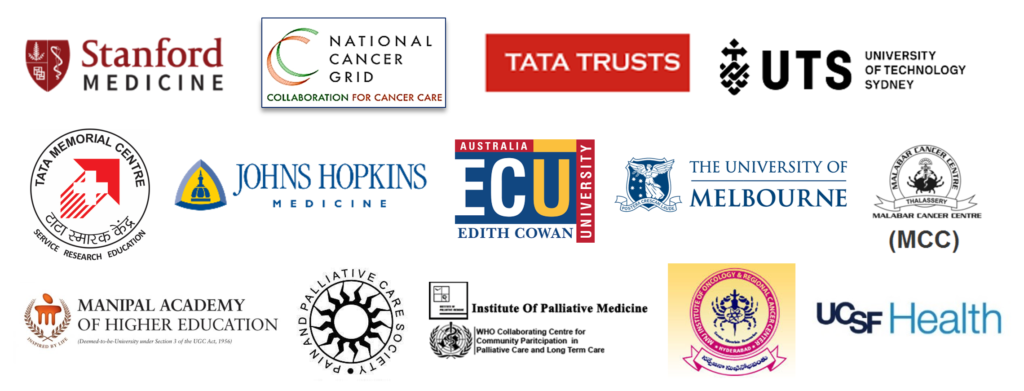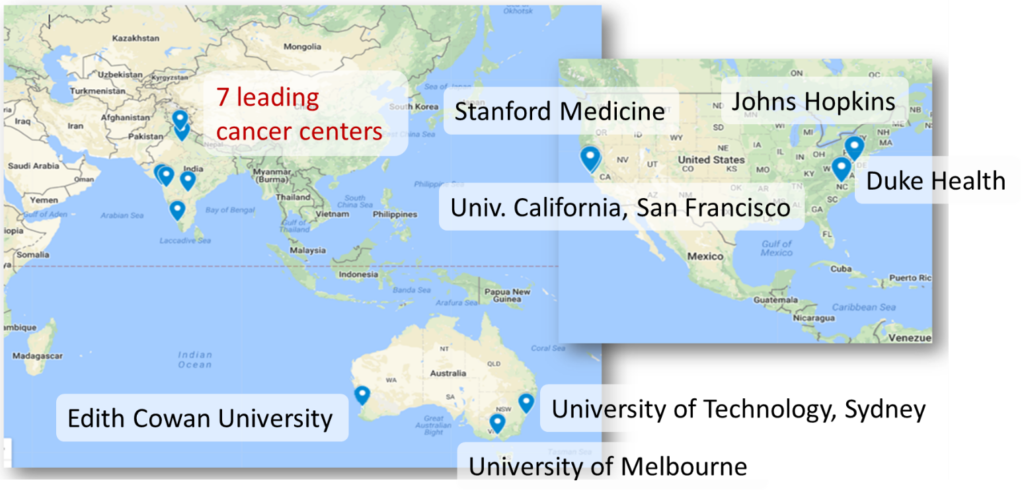Published: 07/01/2019

In 2017, the first version of the 6-month training was offered by Stanford to 7 clinical teams representing 7 different palliative care institutions across India. Mentors were designated for each team including physicians from leading health care institutions across the globe including Johns Hopkins, Duke Health, UC San Francisco, Stanford Medicine, Peter MacCallum Cancer Center and University of Technology Sydney in Australia.

Upon completion of the training, 6 of the 7 projects showed significant quantitative outcomes. For example, 1 project doubled their home visit capacity over the timeframe of the training from 5 to 11 home visits per week. A subsequent 6-month training was requested in 2018 with 7 more teams. Similar results were achieved with measurable improvements made and over 30 additional leaders trained.

Due to the success of team learning and project outcomes, a participant engaged Tata Trusts, a philanthropic foundation based in India, to fund the continuation of this work. Tata now supports alumni from these inaugural cohorts to serve as Medical Directors of Clinical Improvement for Palliative Medicine and Oncological Services in India. These medical directors (with a local administrative team) are using the funding to direct their own 6-month cohorts with mentorship from Stanford as needed. Their new improvement hub is called “EQuIP India,” meaning “Enable Quality, Improve Patient Care.” Newly trained Indian mentors are coaching the current cohort due to finish in 2020. After this 3-year engagement, 22 teams in 11 states in India will be trained in healthcare improvement science.

An online learning platform was created to continue teaching and coaching of newly interested teams. This platform is hosted on the National Cancer Grid in India, a globally recognized resource. It is used for the following:
- Facilitating healthcare improvement trainings
- Sharing improvement project updates for institutions across the country
- Hosting a mentoring forum for improvement science professionals (mostly physicians)
- Accessing evidence-based tools and templates for the application of improvement science